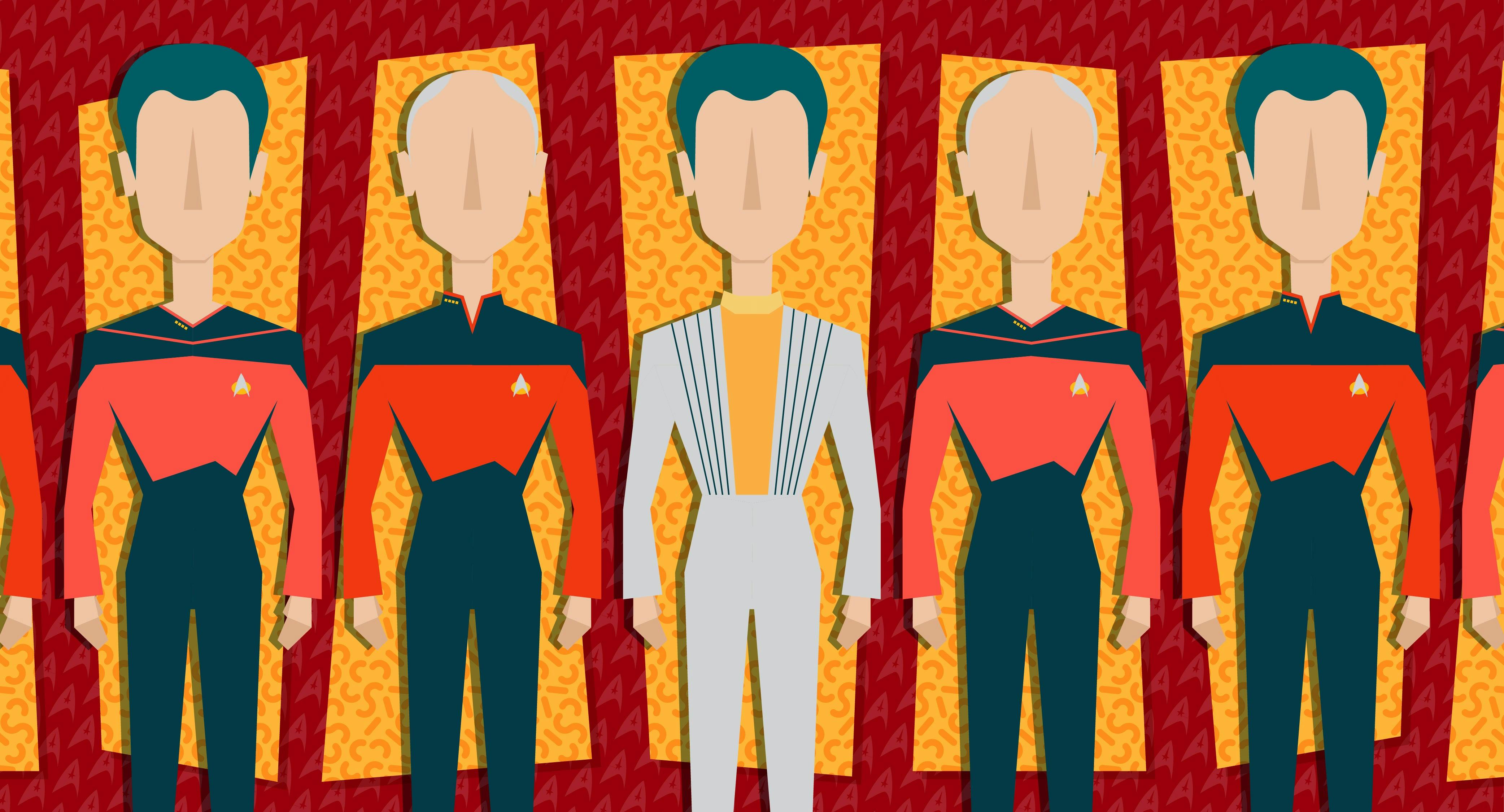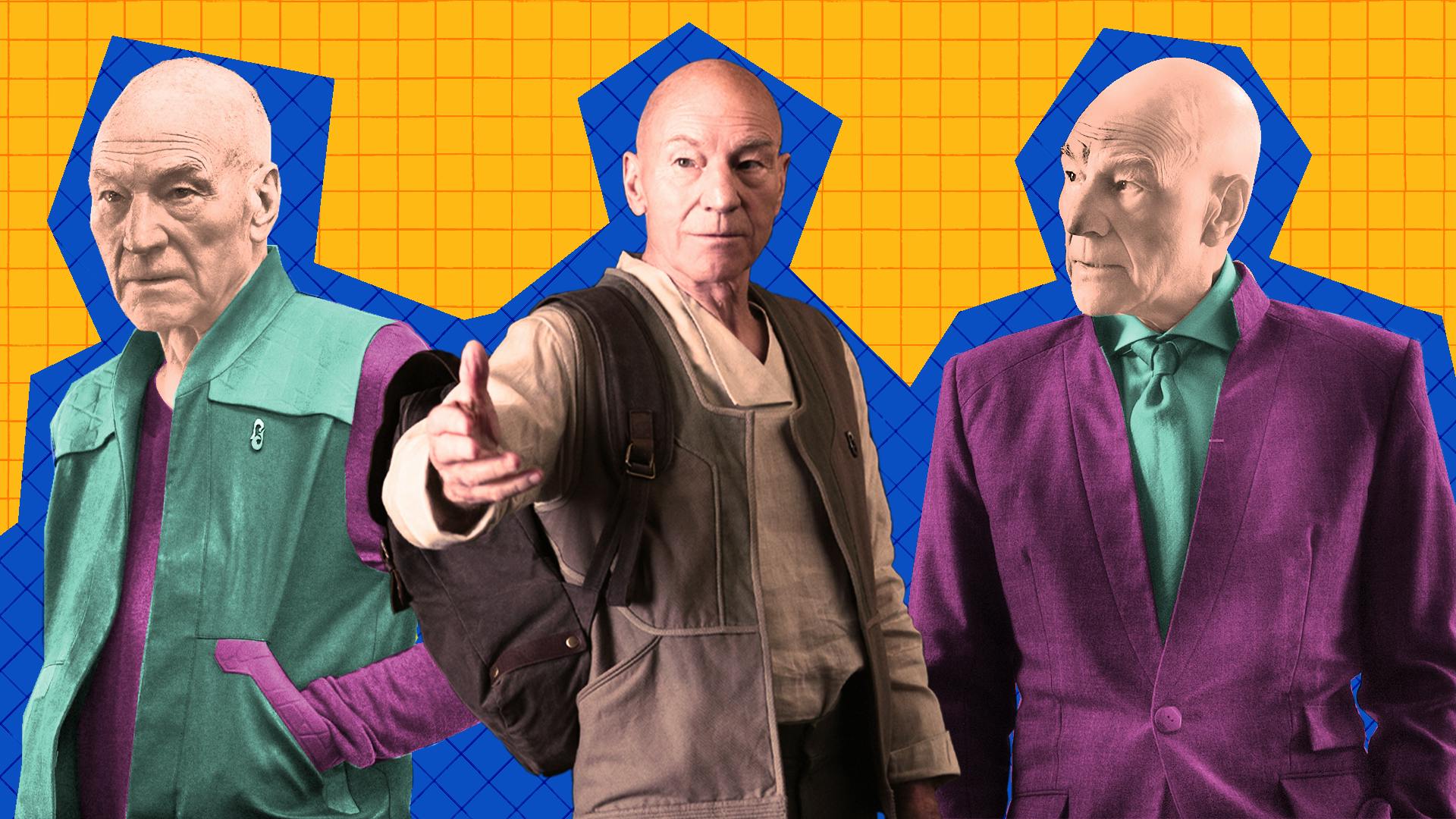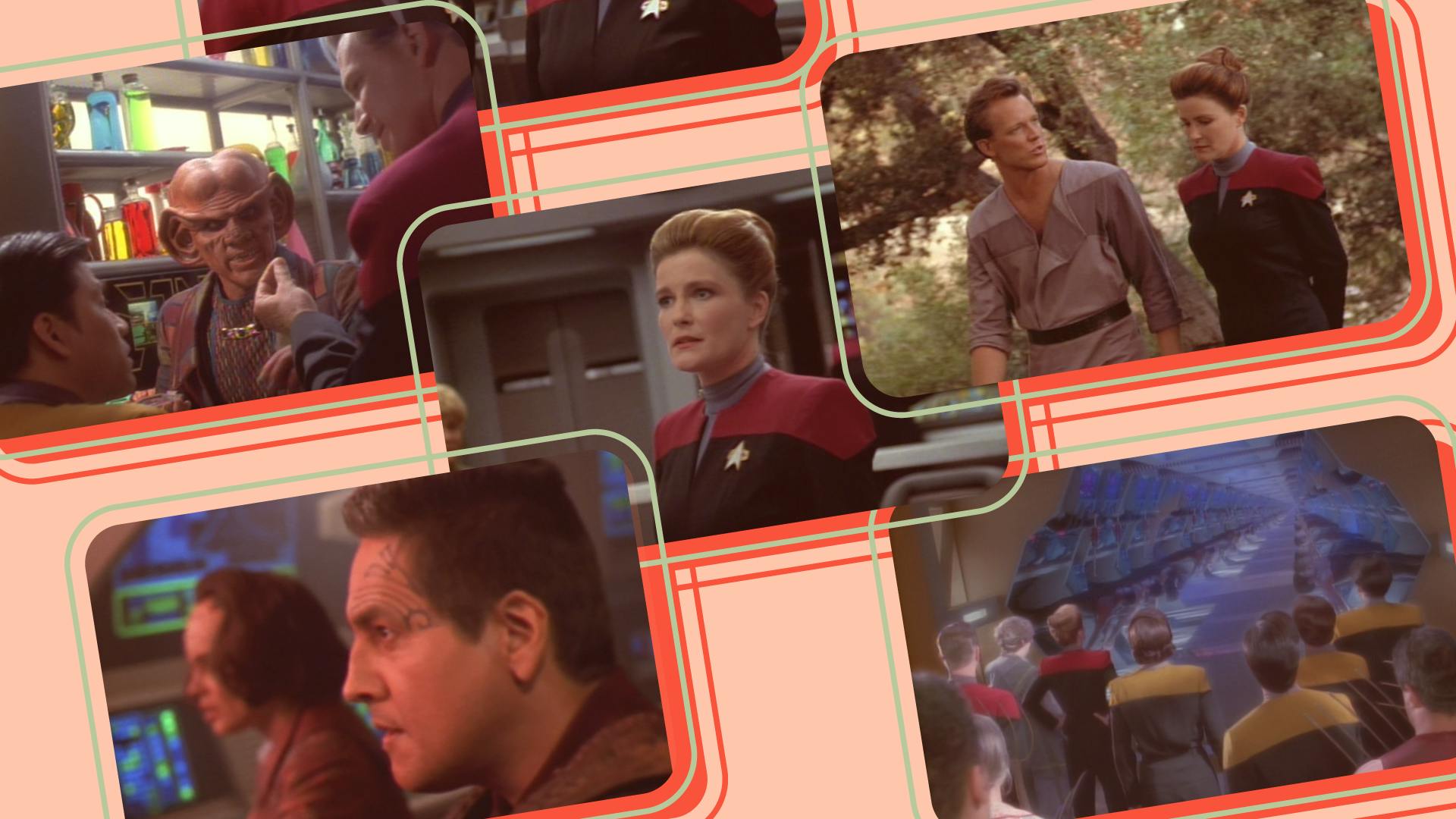Published Aug 30, 2022
The Lower Decks Connection: Captains Take the Stand
If you love courtroom dramas, you’ll love these classic episodes

StarTrek.com
Lower Decks! Lower Decks! As Star Trek: Lower Decks begins a stellar third season, we’re launching a new series on StarTrek.com. This series will connect a plot from the latest Lower Decks episodes with a few similar episodes from classic Trek shows (meaning all Trek series from before 2017). Following Lower Decks' third season premiere episode, "Grounded," where Captain Carol Freeman faces court-martial, we’re reminded of several key episodes where the captains of the series took to the stand in epic courtroom dramas. Starfleet captains have famously stood up in court scenes to defend their crew and themselves, advocating for what Jean-Luc Picard calls the "first duty of Starfleet" — the truth. With that in mind, here are several examples of when captains stood up in a courtroom setting.
Star Trek: The Original Series - “The Menagerie, Part One and Two”
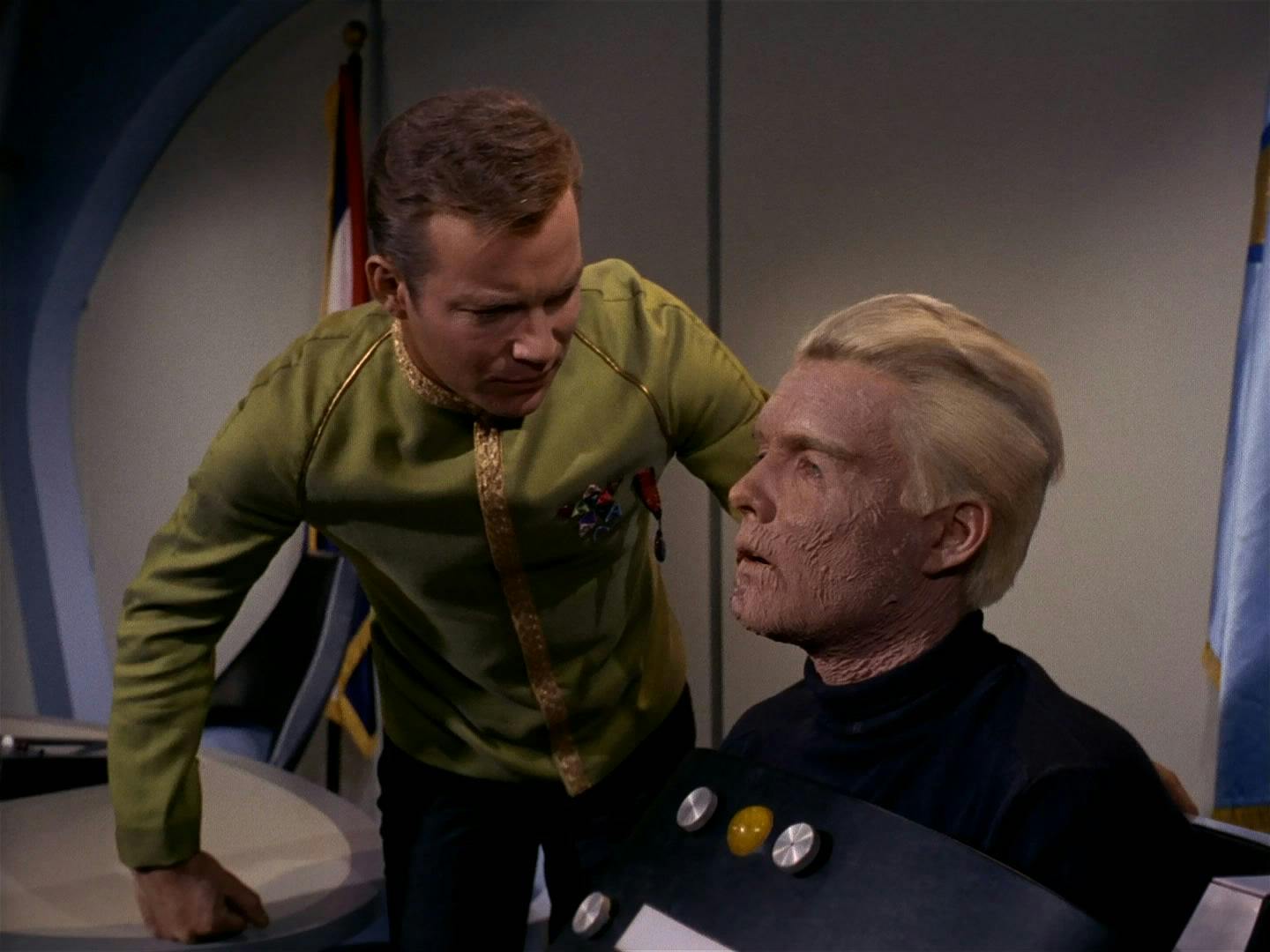
StarTrek.com
This is cheating a little, because the captain who mostly takes the stand in this case is a major player in Star Trek: Strange New Worlds. Fleet captain Christopher Pike acts in defense of Commander Spock at his trial for mutiny, serving as the key witness to explain why Spock commandeered the Enterprise and brought Pike back to Talos IV. The testimony, presented via footage from the unaired TOS pilot “The Cage,” was in part to convince Pike to return to Talos IV to live out his days freed from his body following an accident that disabled him. The trial itself is an illusion created by the Talosians, and, ultimately, the captain remained on Talos IV.
Star Trek: The Original Series - “Court Martial”
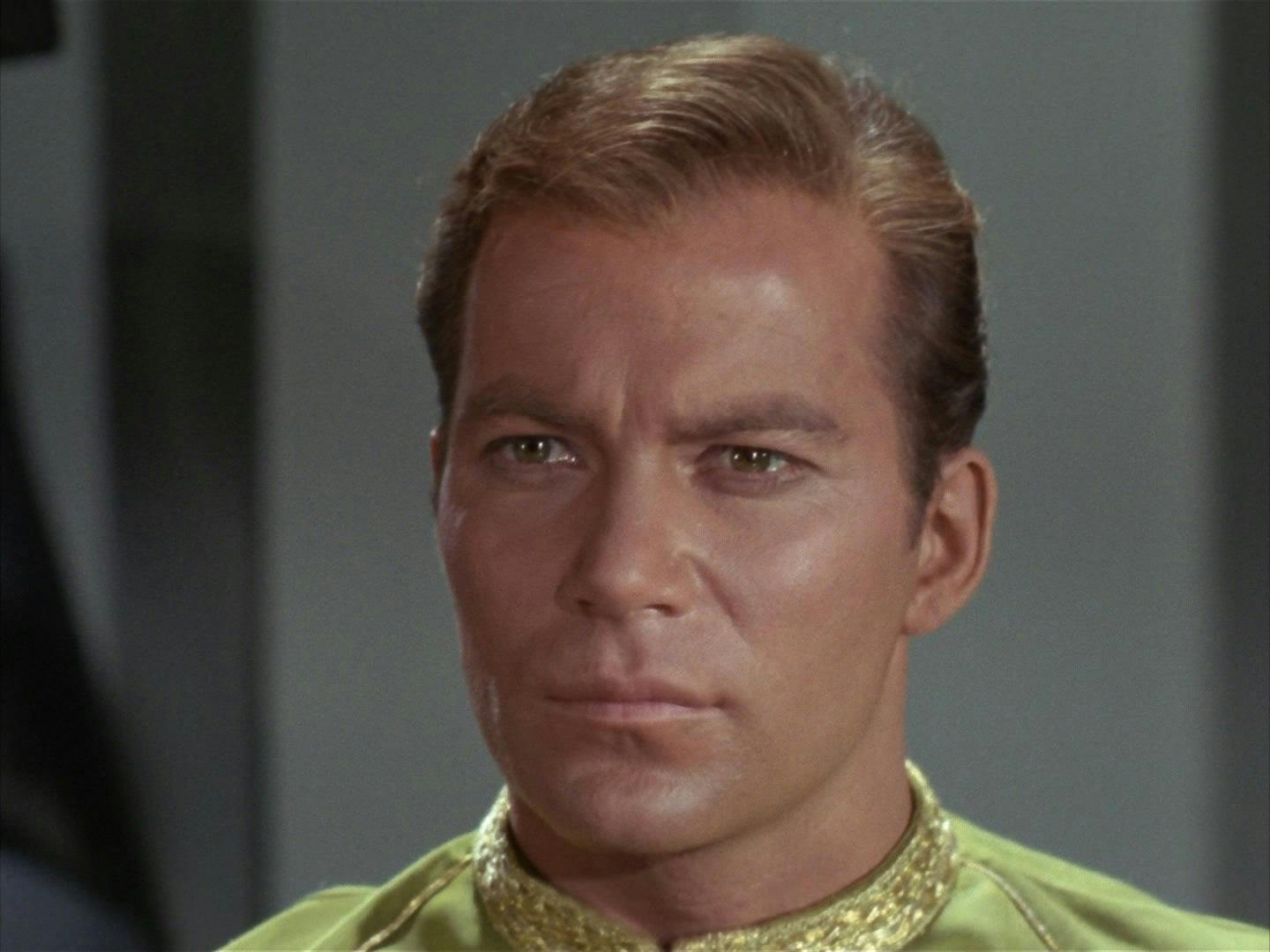
StarTrek.com
It’s Captain Kirk on trial! Kirk is facing a court martial for the death of crew member Benjamin Finney, and things look grim. Prosecutor Areel Shaw presents a compelling case that makes Kirk seem as though he deliberately ejected an ion pod containing Finney to murder him. Kirk is offered a chance to sweep the mess under the rug if he accepts a ground assignment, to which he demands that the truth come out in a trial. Of course, the truth does prevail, but it takes both Spock and McCoy’s bickering to uncover the bit of evidence that proves that the records are not what they seem.
Star Trek: The Next Generation - “The Measure of a Man”
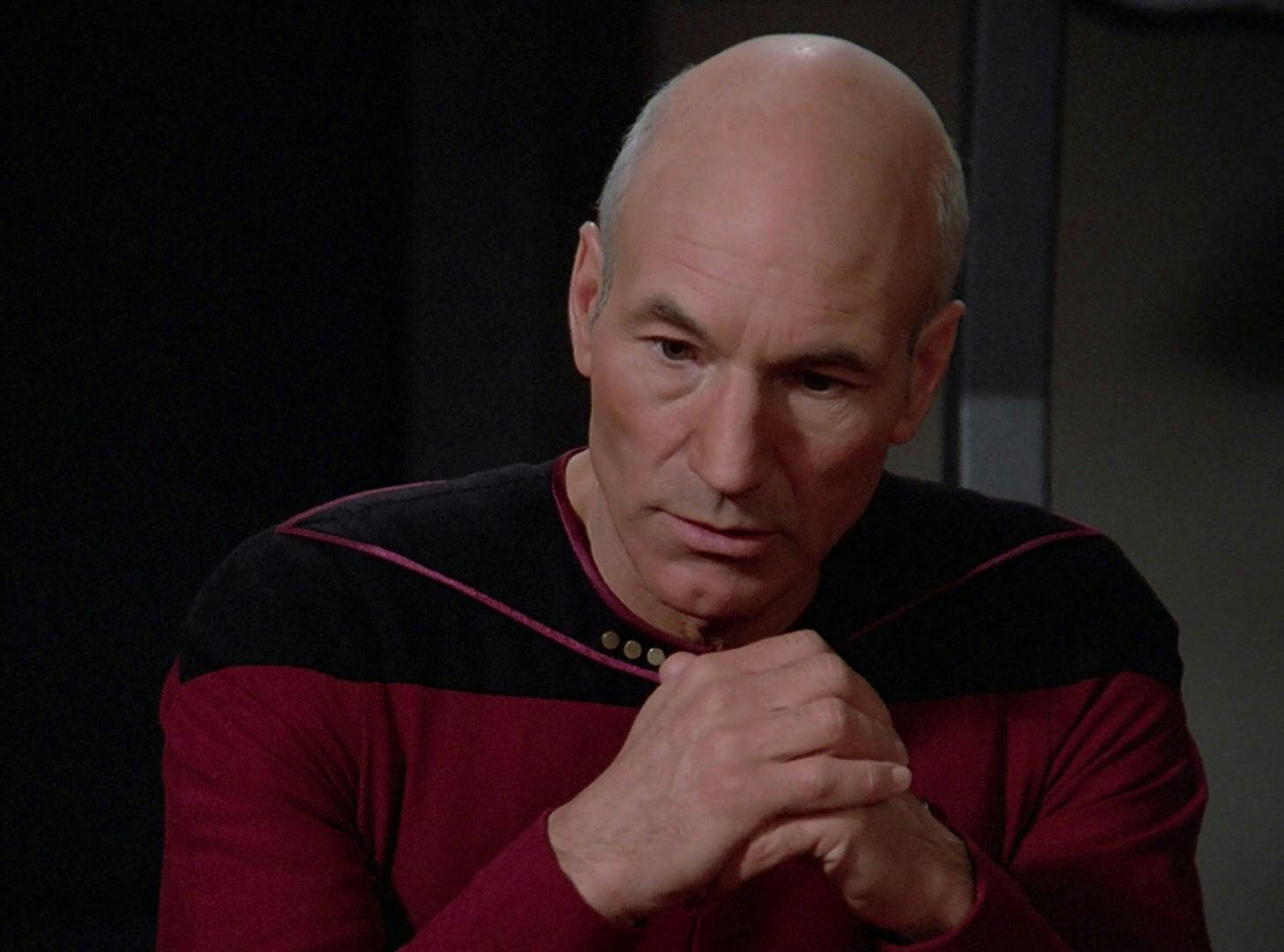
StarTrek.com
Perhaps Star Trek’s most famous courtroom trial, Captain Picard faces off against Dr. Bruce Maddox and unwilling prosecutor Commander Riker to prove beyond a shadow of a doubt that Data is a sentient being who deserves the right of choice. This leads to some brilliant speeches from both Picard and judge Captain Louvois on the nature of humanity and what makes a sentient being. With Data’s rights and personhood on the line, it’s a remarkable episode that rightfully deserves in spot in Star Trek history.
Star Trek: The Next Generation - “The Drumhead"
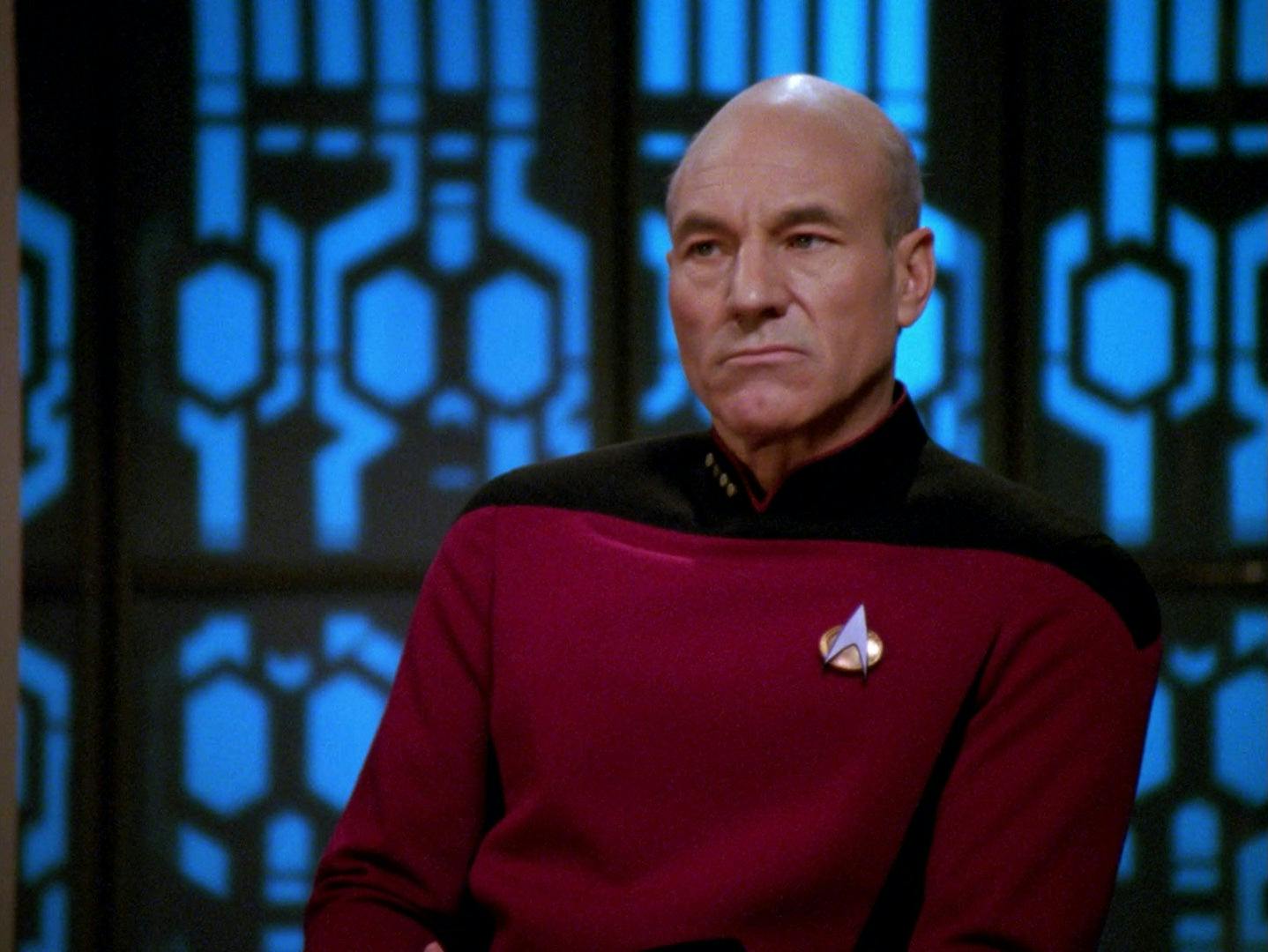
StarTrek.com
When an explosion in the dilithium chamber of the Enterprise-D is labelled sabotage, retired admiral Nora Satie is brought on to investigate. She turns the hearings into a witch-hunt. Satie first attacks an officer with Romulan heritage and then turns on Picard himself, needling at his guilt for being assimilated into the Borg, which led to the deaths of thousands of Starfleet personnel. Picard challenges her using words from her father, a respected Starfleet legal operative, "With the first link, the chain is forged. The first speech censured, the first thought forbidden, the first freedom denied, chains us all irrevocably.” Another tense trial that, while ultimately victorious for our heroes, leaves viewers with a lot to mull over.
Star Trek: Deep Space Nine - “Rules of Engagement”
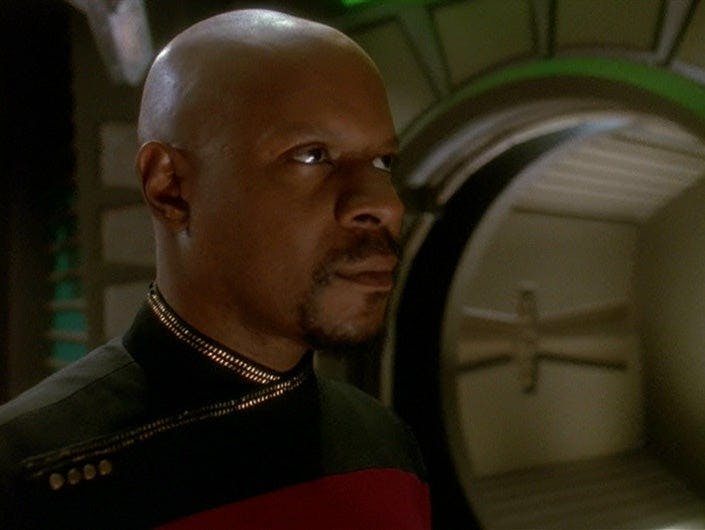
StarTrek.com
Worf stands trial for accidentally destroying a ship full of Klingon civilians, and Captain Sisko is ready to defend his Klingon officer. As the defense counsel, Sisko gives stirring remarks, but things look grim for Worf as more and more evidence piles up that he might have fired knowingly on a civilian transport. It is up to Sisko and Odo to solve the mysteries behind the transport to prevent Worf from having to stand trial in front of the Klingon Empire. A key moment in the fourth season of Deep Space Nine, and a pivotal episode for Worf’s growth as a character, this one is not to be missed.
Star Trek: Voyager - “Living Witness”
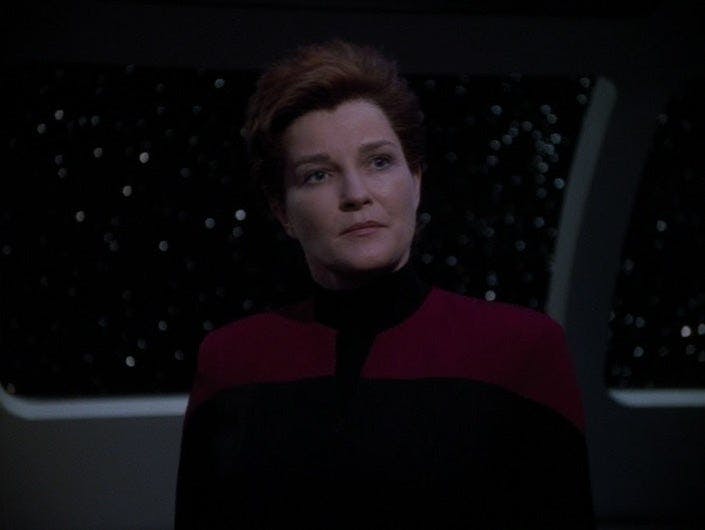
StarTrek.com
It is not just Captain Janeway on trial here, but the entire crew of the U.S.S. Voyager. A backup copy of the Doctor is discovered and brought to life years after the Voyager had interacted with two warring groups of aliens, only to discover they have depicted his crew and captain as war criminals. The Doctor tries to portray the right version of history, and despite the obstacles in his way, manages to clear Voyager’s name. This leads to peace between the two species. This episode frequently makes “Best Of” lists for Star Trek: Voyager and remains a powerful look at history and the lenses we view it through.
Star Trek: Enterprise - “Judgement”
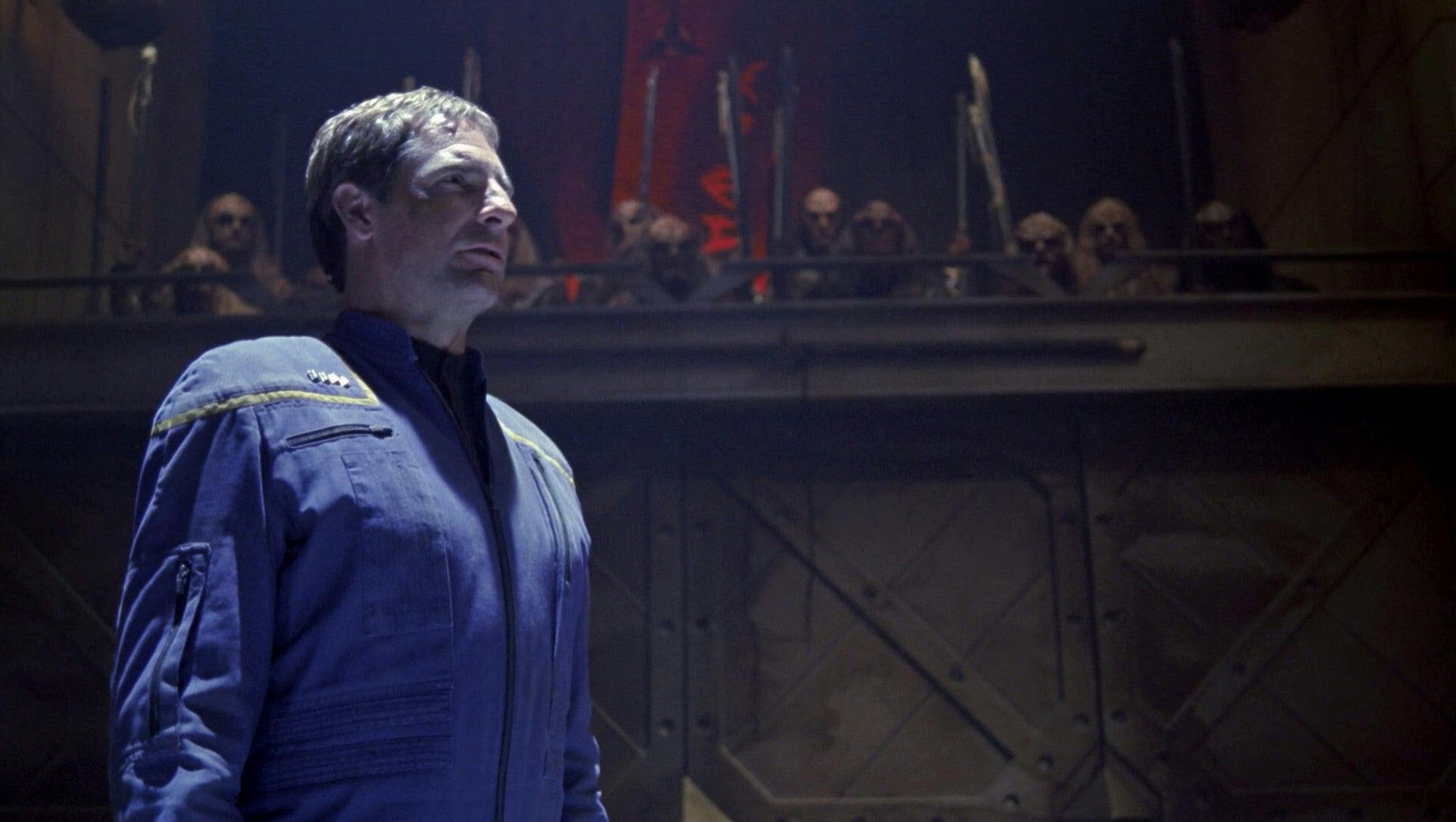
StarTrek.com
Captain Archer stands trial in the Klingon Empire for aiding rebels and destroying a ship. The penalty? Death. This is one of many episodes that features Klingon justice, which we first saw in the film Star Trek VI: The Undiscovered Country. Archer advocates both for himself, and for his lawyer Kolos, to fight for the truth to be uncovered. Kolos in turn bemoans how Klingon law has turned into another domain in which victory matters more than honor. Kolos, played by J.G. Hertzler, is a fascinating character and many have praised his performance in the episode.Which is your favorite trial episode? Is truth really the first duty of Starfleet? Let us know your thoughts @StarTrek on social!

